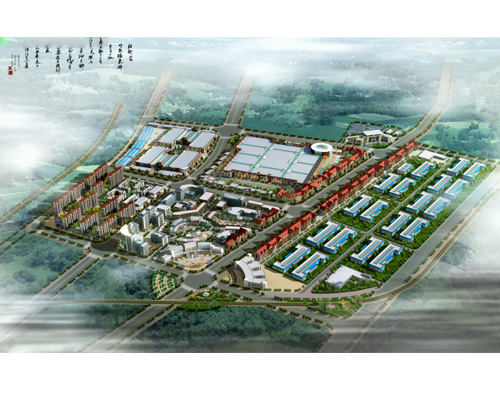(1) Determination of evaluation basis
Prepare all materials and tools related to energy conservation assessment. Collect relevant domestic and foreign laws, regulations, plans, industry access conditions, industrial policies, relevant standards and specifications, energy saving technologies, product recommendation catalogue, energy using products, equipment, production processes and other catalogues explicitly eliminated by the state, project environmental impact assessment approval opinions, land preliminary review opinions and other relevant preliminary approval opinions, Project Feasibility Study Report Project application report and other engineering data and technical contracts. Determine the basis for energy conservation assessment of the project according to the actual situation of the project.
(2) Collect project related data
Fully collect the basic information of the project and relevant data on energy consumption, mainly including:
1. Basic information of the construction unit, such as the name, nature, address, zip code, legal representative, project contact person and contact information of the construction unit, and the overall operation of the enterprise.

2. Basic information of the project, such as project name, construction site (including main traffic lines located or near), project nature, construction scale and content, project process plan, general layout, main economic and technical indicators, project schedule, basic information of the original project of the reconstruction and expansion project, etc.
3. Overview of energy consumption of the project, such as the preliminary selection of main energy supply and consumption systems and equipment of the project, the type, quantity and distribution of energy consumption, and the energy consumption and existing problems of the original project of the reconstruction and expansion project.
4. Main climatic characteristics of the project area, such as annual average temperature (the coldest and hottest months), days of cooling degree, days of heating degree, extreme temperature and monthly average temperature, sunshine, etc. Gansu Energy Conservation Assessment Report
5. Socio economic overview of the project area, such as economic development status, energy conservation objectives, energy supply and consumption status, distribution of key energy consuming enterprises and their energy supply and consumption characteristics, transportation overview, etc.
When the existing data can not completely and accurately reflect the project overview, field investigation and testing can be carried out. In the status survey, the information collected on the content closely related to the energy conservation assessment (such as energy supply, consumption, processing and transformation, transportation, etc.) should be comprehensive and detailed, and quantitative data and pictures should be provided as far as possible. If the analogy engineering method is required, the information related to the analogy engineering should also be comprehensively obtained. Preparation of Lanzhou Energy Conservation Assessment Report









